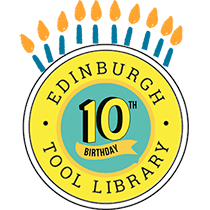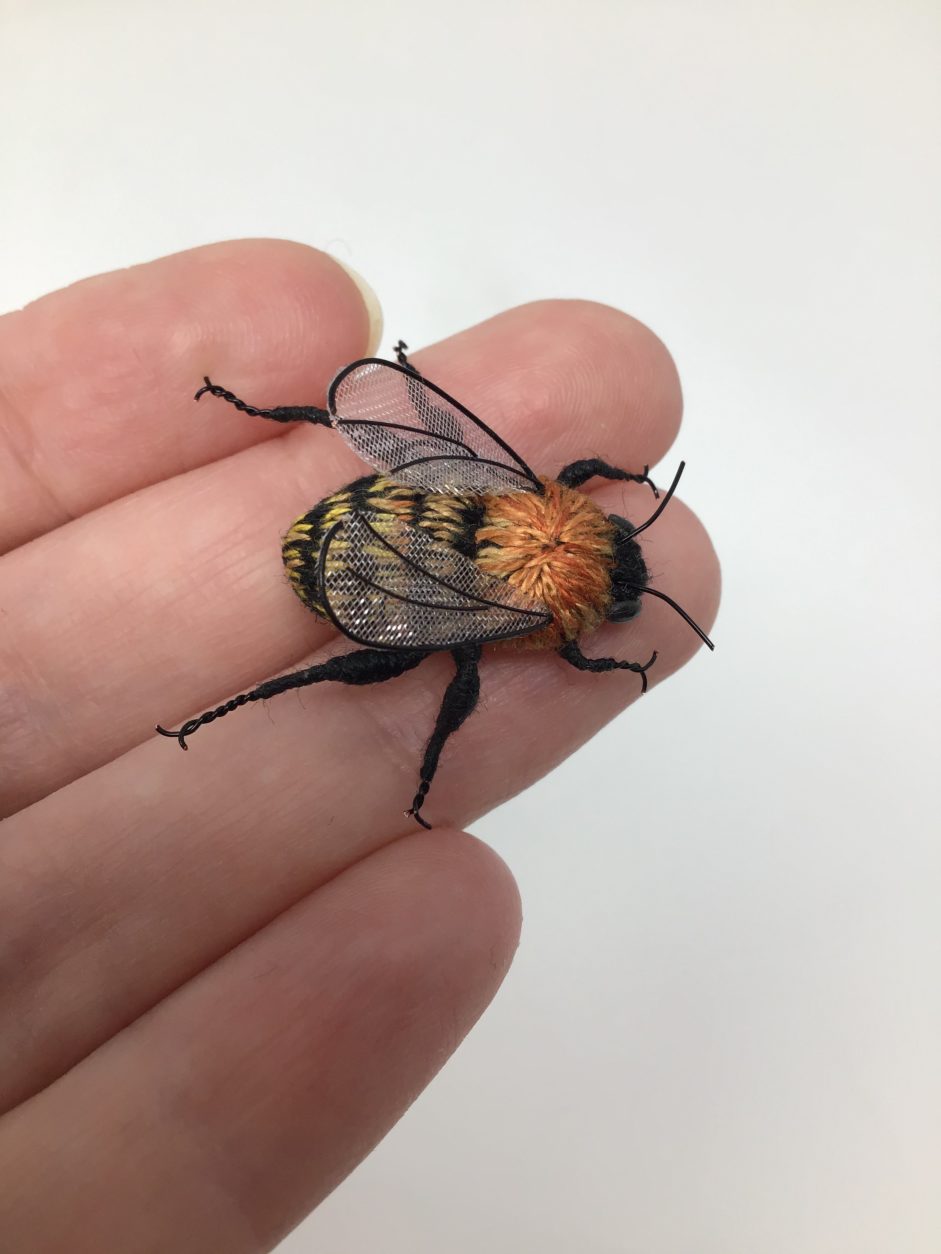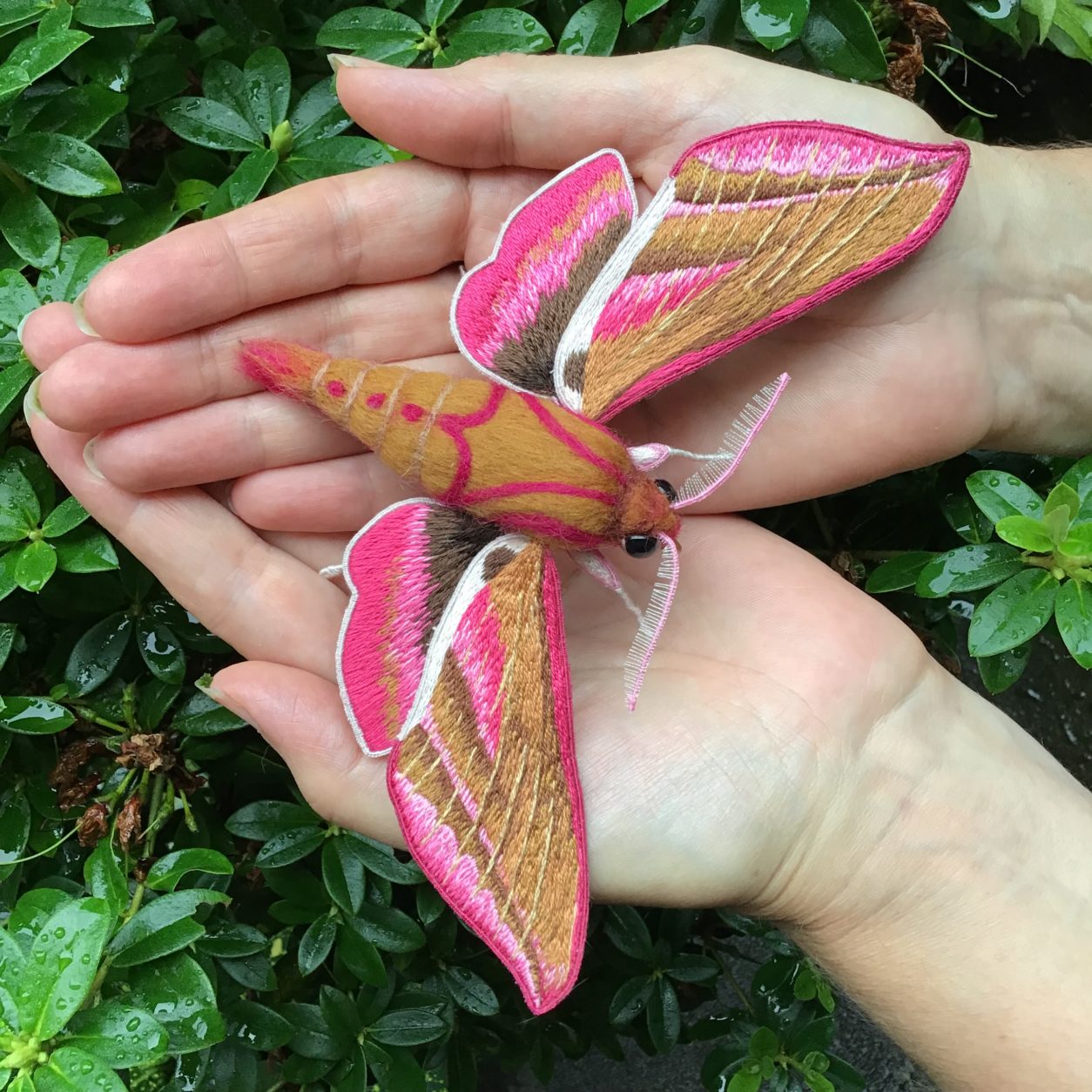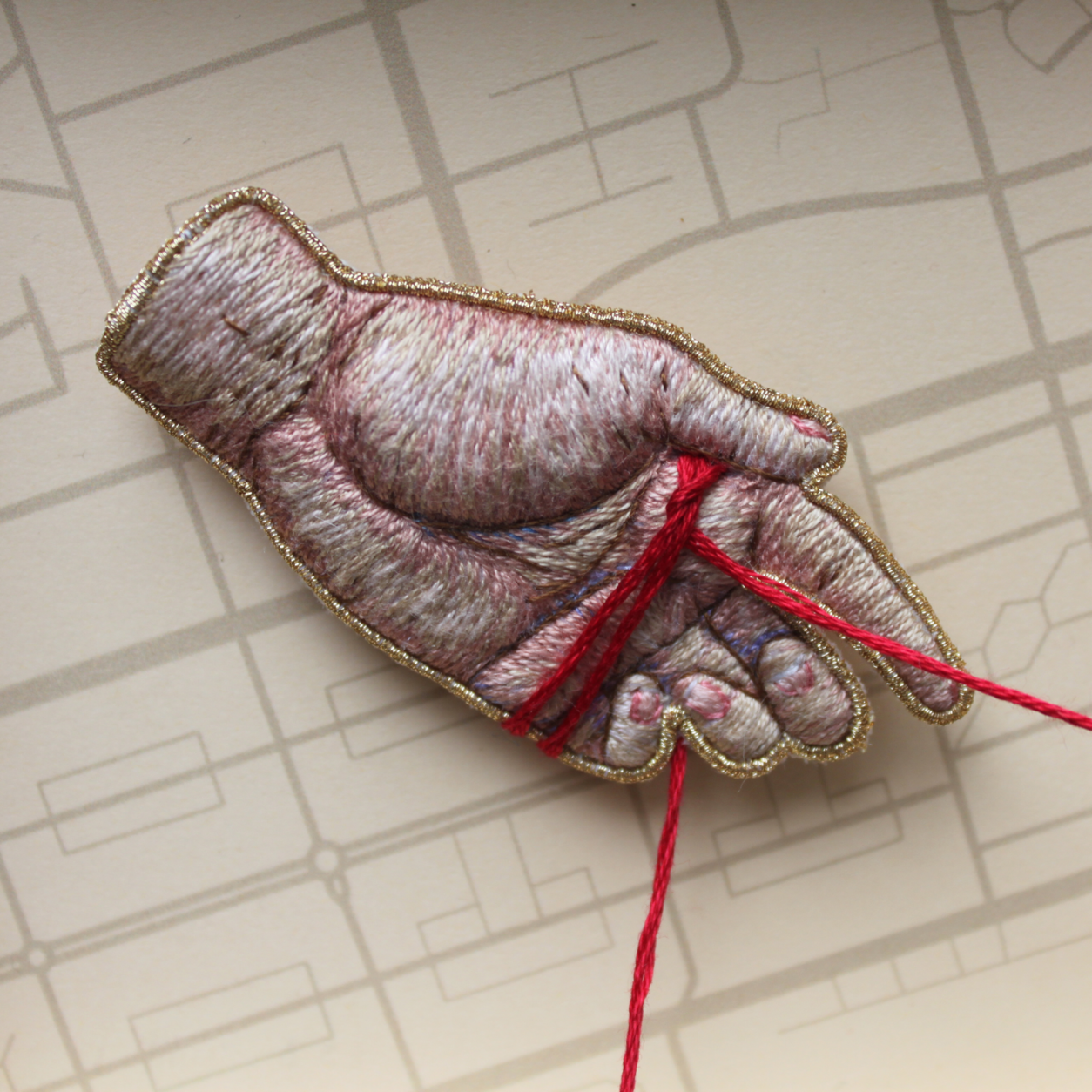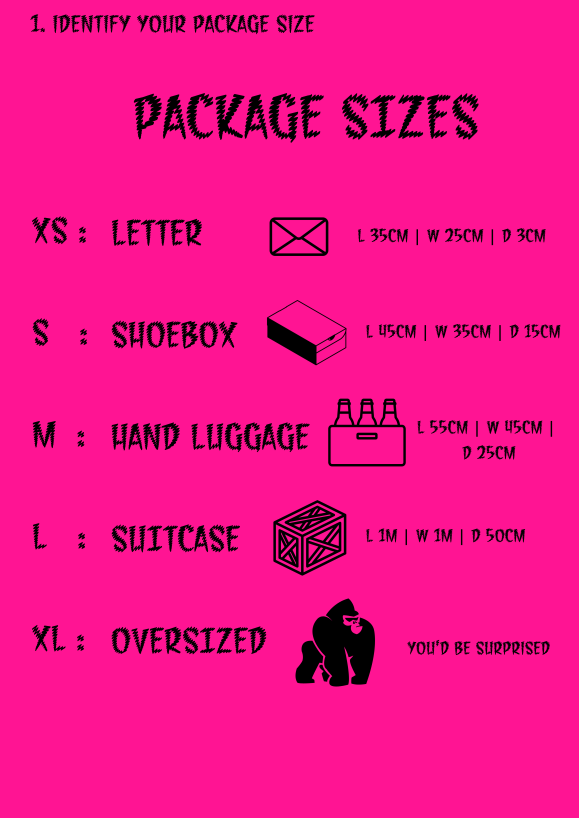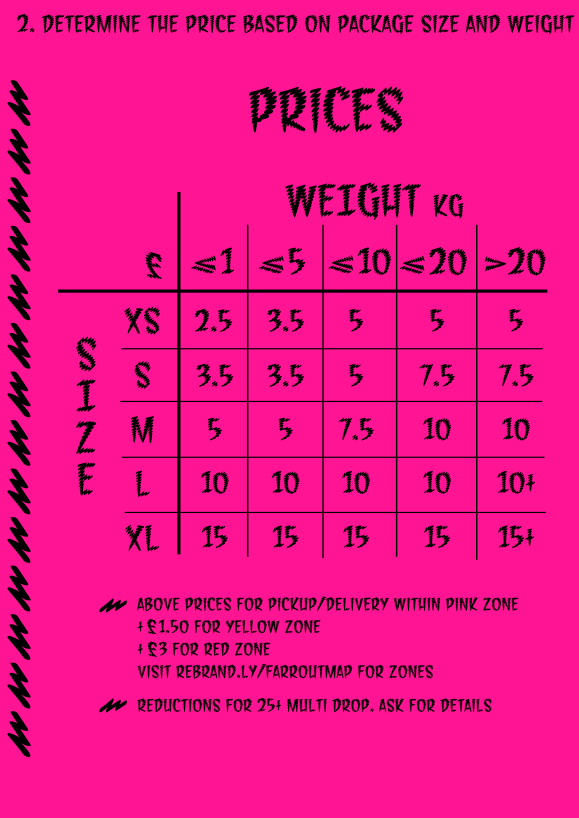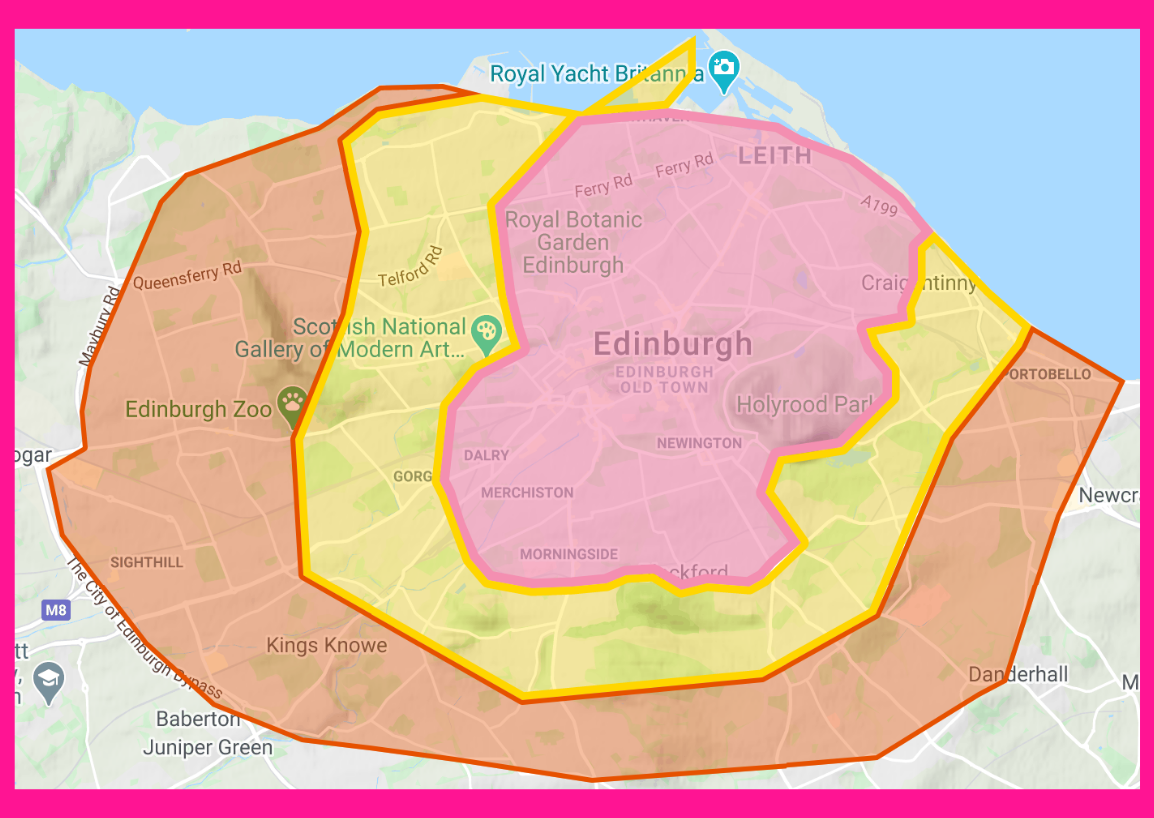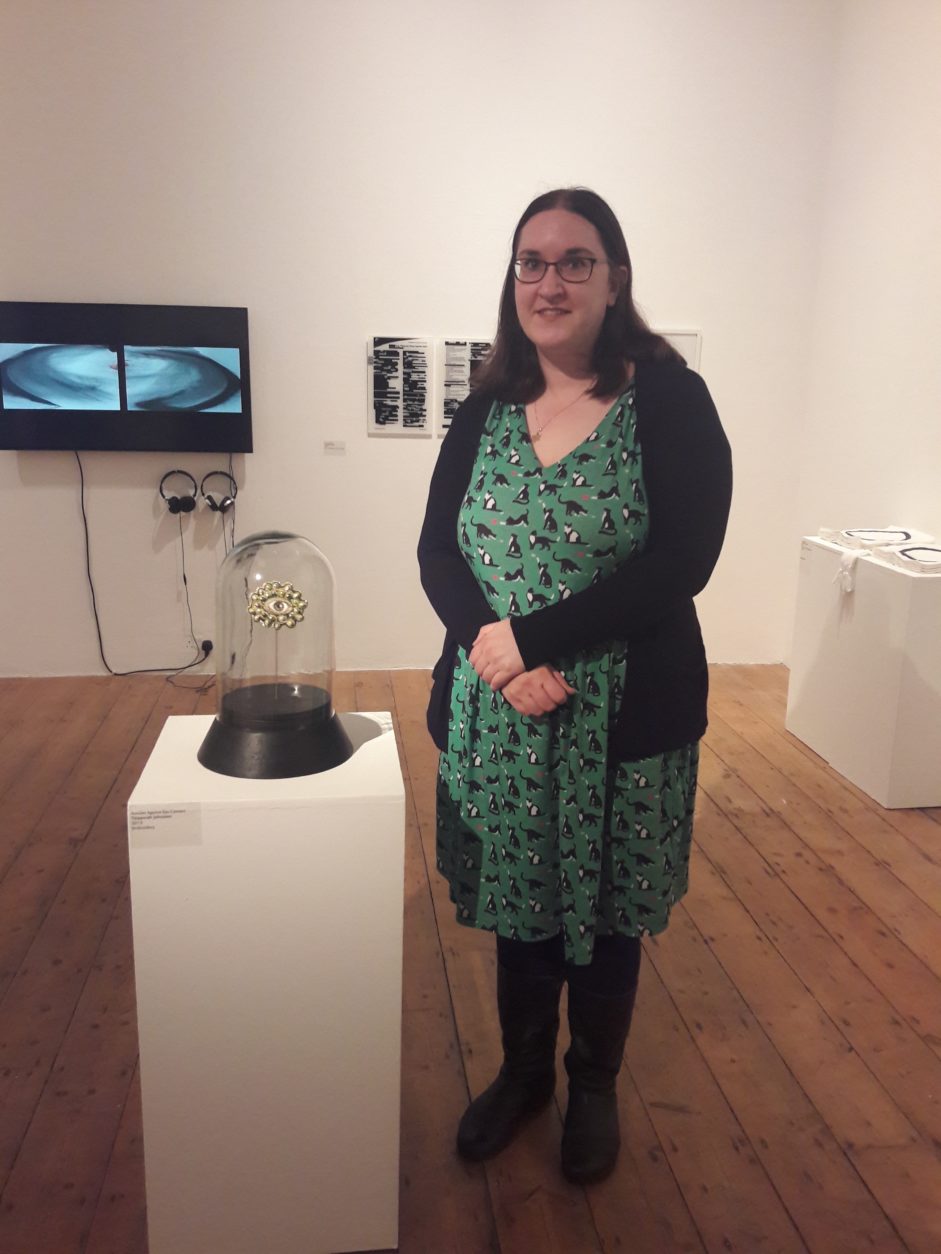
Tzipporah Johnston is an embroiderer and mixed media textile artist based in Edinburgh, whose work explores aspects of her identity as an autistic woman and her fascination with the natural world. Her hand embroidery practice is slow and painstaking, and informed by meticulous research, with each carefully considered piece taking weeks or months to complete. She is a Tool Library member, volunteer, and one of our Young Makers in Residence. We chatted to her about volunteerism, her art, and her experiences of lockdown.
Firstly, please tell us about your involvement with the tool library. How did it originally come about? And how are you involved now?
I first joined the tool library way back when it was shiny and new, because I was building a cat tree for my then cat, Ginny, and I needed to borrow a drill and a jigsaw. It turned out enormous – a huge green fun fur monstrosity, so large that it takes two people to lift it, and without a single right angle in the thing. Ginny was not impressed. I realised that the actual woodwork bit might not be for me.* but I liked the idea of a sharing economy, and I like cataloguing things, so I started volunteering behind the scenes, adding tools to the system. Increasingly now I do tool prep rather than cataloguing, so most people encounter me as a name at the bottom of an email asking you to bring back your tools on time. Sorry!
*There is a happy ending to this story, which is that my current cats, Hodge and Waffles, love the wonky cat tree. It was clearly just waiting for the right cat to come along to appreciate it.
You are a maker yourself, and use the Portobello space as your studio. Please tell us about what you make, and what it signifies. What does your art say?
I’m an embroiderer and mixed media textile artist, so I combine three-dimensional embroidery with installation work. Most of my work explores aspects of being autistic, particularly monotropism, or autistic hyperfocus on narrow or restricted interests. For Porty Art Walk 2019, I created an installation called the Museum of Monotropism to explore my ‘special interests’ – a term that a lot of autistic people are ambivalent about, but which I like – and present a kind of window into an autistic brain. A lot of depictions of autism focus on deficit and distress, but I want to show people that there is beauty in autistic ways of seeing.
Lockdown has been a challenging time for everyone, how have you found it to be?
I feel quite ambivalent about it, and I think that’s true of a lot of autistic people and people with anxiety. There is the distress of our routines being disrupted, the uncertainty about how long things will go on for and anxiety about what a new normal will look like. But for a lot of us, leaving the house and interacting with people is a constant struggle. Suddenly the world is telling us what we had always suspected – that outside is scary, and we should just hide in our houses where it’s safe. So there’s a relief in being allowed to do that, but it also means that many of us are losing hard-won skills that have taken years of practice. I’ve spent two years with my support workers practicing leaving the house. I finally had a couple of places near my house that I could go on my own. Now all that progress has been lost, and I struggle to even go into the street outside my house. I think a lot of autistic people are going to struggle to adapt as the lockdown eases.
Since the tool library closed up, you have been volunteering in other ways, making masks. Please tell us about the masks and how you got involved. How many have you made?
I initially made a few for my family, just as an emergency preparedness thing in case one of us got sick. But then I found out that a friend down in London, who has complex disabilities and is very vulnerable, was being visited several times a day by carers wearing no PPE at all. There simply wasn’t any available in London at the time. I made up a care package of all the hand sanitiser and disposable masks I could find, and made a pile of cloth masks for her for when those ran out. Soon her carers were contacting me asking for more for when they visited their other clients. People saw photos of masks I’d made, or met people wearing them, and started contacting me, and I realised how little PPE was available to people working in social care. Then I discovered the data scientist Jeremy Howard and his #masks4all campaign, which basically argues that we need at least 80% of the general population to be wearing face coverings to help slow the spread of coronavirus, so I started making them for the general population too. So far I’ve made just over 1000, distributed partly through word of mouth, and partly through call-outs on the Edinburgh Mask Makers group. If anyone reading this can sew, please do think about making masks through them! The group receives requests from all over Scotland, and there is far more demand out there than we could ever fulfil.
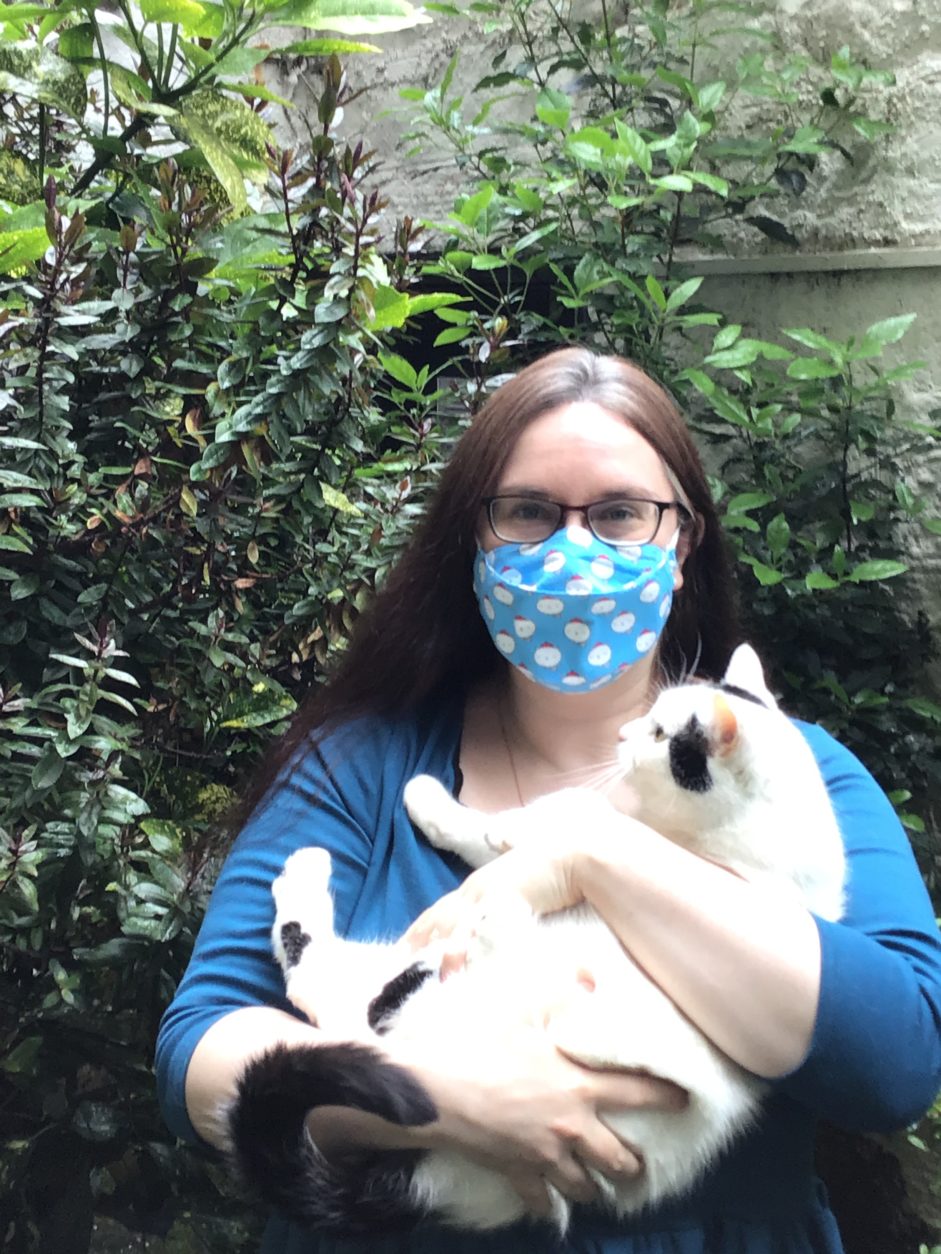
What are your hopes for the future once we come out of lockdown? Do you think things can change for the better? If so, how?
I want to believe things can change. I hope the sense of kindness and community lasts, and also the sense that people are being more thoughtful about waste and stewarding resources now that people don’t have such ready access to consumption. As a disabled person who has been housebound for long periods, I hope that it’s given people some small insight into what our lives are like and therefore a bit more empathy. For instance, many disabled people have been denied adaptations like working from home – I think that will be harder to justify now.
Why is sharing resources important to you?
It’s twofold – firstly, sharing cuts down on the amount of waste we produce as a society, which is at unsustainable levels. But also, it’s a social leveller, as resources like the tool library allow people who might not be able to afford it to access tools, and that access can have a transformative effect on people’s lives. When I was a teenager, one of my friends was made homeless, and I still remember the absolute horror show of his new council flat – it was practically uninhabitable. We were able to lend him all the tools, paint etc that he needed to get it liveable, but I remember thinking, what if you had no one to help you? The tool library means everyone can access the things they need to improve their environment.
How has your involvement in the tool library helped you? What would you say to someone who is thinking about volunteering, but hasn’t made their mind up yet?
Volunteering at ETL has made a massive difference to me. When I started I’d just arrived back in Edinburgh and I was really struggling to even leave the house, let alone talk to an actual human being. Everyone at the tool library has been really patient and let me progress at my own pace. For the first year I essentially hid in a garage and would only see the same person – if they were off, I wouldn’t come. I’d never have got to the point where I could have a little studio in Portobello, and even hold classes, if they hadn’t let me build up to it at my usual glacial speed. It’s a really supportive place to volunteer, so if you’re thinking about it but are anxious, take the plunge!
You can see more of Tzipporah’s work on her website or her Instagram page, and find out about how to get involved with the Edinburgh Mask Makers through their Facebook group.

